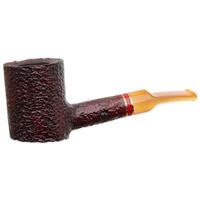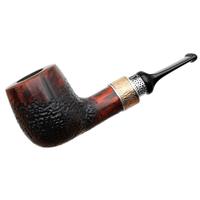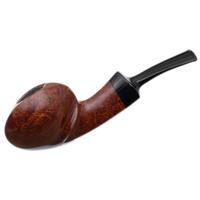Hi all
Right first thing I'm well aware some of us could not care less about this which is fine but I still find it an interesting subject.
What chemicals are going into the tobacco we smoke? is it better than cig tobacco and what if any are the benefits of organically grown tobacco.
I personally feel that the mass production of tobacco has massively increased the risk of cancers. We seen a massive spike in cancers around the time cigarettes took the place of pipes and cigars which has been put down to the inhalation of the smoke. Around the same time the demand for tobacco increased as the vast majority of the population including women started smoking, could the increased demand and way of growing and preparing have had some effect?
Lung cancers only accounted for 1% of deaths in the UK before cigarettes seems a little odd to me and I love a conspiracy.
Right first thing I'm well aware some of us could not care less about this which is fine but I still find it an interesting subject.
What chemicals are going into the tobacco we smoke? is it better than cig tobacco and what if any are the benefits of organically grown tobacco.
I personally feel that the mass production of tobacco has massively increased the risk of cancers. We seen a massive spike in cancers around the time cigarettes took the place of pipes and cigars which has been put down to the inhalation of the smoke. Around the same time the demand for tobacco increased as the vast majority of the population including women started smoking, could the increased demand and way of growing and preparing have had some effect?
Lung cancers only accounted for 1% of deaths in the UK before cigarettes seems a little odd to me and I love a conspiracy.












